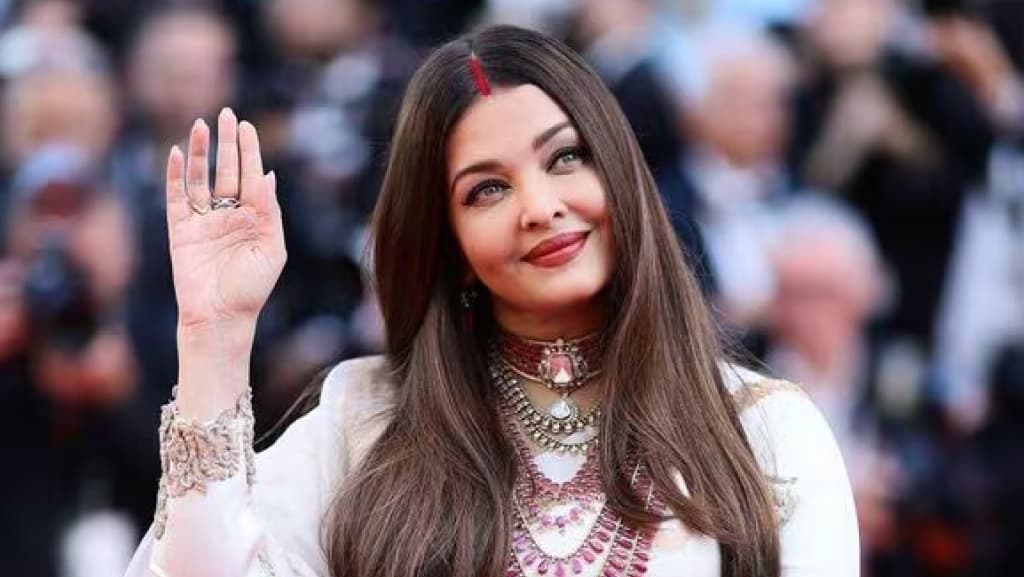
Indian Courts Race to Shield Celebrities’ Personalities from AI Misuse
As deepfakes and voice-cloning surge, judges invoke privacy and copyright laws to curb unauthorised use amid absence of a clear statute.
Indian courts are stepping up to protect celebrities from the growing menace of artificial intelligence (AI)-generated misuse of their names, images and voices. Over the past year, judges across the country have issued a series of orders guarding the personality rights of actors, singers and influencers, responding to the surge of deepfakes and voice-cloning tools that can fabricate convincing audio-visual content within minutes.
What began as scattered complaints has now evolved into a legal movement that recognises how swiftly AI can erode a person’s dignity, distort reputation and commercial worth, and sow confusion among fans and consumers.
The timing is no accident. Generative AI has democratised image and voice synthesis, enabling the creation of false endorsements, morphed videos and cloned performances without consent. For celebrities, whose livelihoods and public trust depend on their persona, such misuse is no longer a fringe issue but a direct threat to their livelihood and identity. Courts have found themselves acting as first responders to an urgent technological challenge, filling the void left by India’s lack of a dedicated statute on personality or publicity rights.
In one of the latest examples, the Hyderabad civil court recently granted an ad-interim injunction in favour of Telugu actor Chiranjeevi, restraining more than thirty online entities from using his name, image, voice or AI-generated likeness for any commercial or personal purpose without consent. The order, significant in scope, explicitly extended protection against AI-generated or metaverse-based representations.
Similarly, the Bombay High Court intervened on behalf of legendary singer Asha Bhosle, after reports emerged that AI tools were cloning her voice for sale. The court observed that such acts cause irreparable injury to a celebrity’s dignity and economic rights and violate the right to privacy enshrined under Article 21 of the Constitution.
Earlier, the Delhi High Court granted sweeping reliefs to actors Abhishek and Aishwarya Rai Bachchan, directing global online platforms to take down deepfake videos and misleading content using their likeness.
In recent months, Suniel Shetty, Hrithik Roshan, Arijit Singh, Jackie Shroff and several other well-known personalities have approached courts with similar concerns. The pattern is clear: the judiciary is acknowledging the unprecedented reach and damage potential of AI-generated deception.
Although India does not have an explicit “right of publicity” law, courts are drawing from a mix of legal doctrines to provide relief. The constitutional right to privacy, reaffirmed by the Supreme Court in Justice K.S. Puttaswamy vs. Union of India (2017), is the cornerstone of many such rulings. Judges have treated the unauthorised digital replication of a person’s likeness or voice as an intrusion upon personal autonomy and dignity. Complementing this are provisions from intellectual property law, including moral and performers’ rights under the Copyright Act, which protect artists from derogatory use or manipulation of their performances. In cases involving false endorsements or commercial misuse, courts have also invoked principles of passing off and unfair competition from trademark jurisprudence.
Intermediary responsibility is another recurring theme. Under the Information Technology Act and its accompanying rules, online platforms enjoy “safe harbour” immunity if they act upon notice to remove unlawful content. Courts have increasingly held that this protection comes with an obligation to act promptly and employ technological safeguards. Recent orders have directed platforms like YouTube and Google to deploy AI-based filters and quicker takedown mechanisms to prevent the spread of deepfakes once identified. Judges have even issued John Doe injunctions -- binding not just named defendants but anyone disseminating infringing material-- reflecting the viral nature of AI-generated content.
The legal reasoning underpinning these decisions is largely uniform: deepfakes and voice clones inflict irreparable harm that cannot be quantified in damages. Unlike traditional defamation, where harm may be proven and compensated later, a viral AI video can be copied, mirrored and stored indefinitely, making post-facto remedies meaningless. Therefore, interim injunctions are justified to preserve dignity and commercial interests until comprehensive legislation arrives.
However, these proactive judicial measures also raise questions. Free speech advocates warn that overbroad injunctions could chill legitimate parody, satire or artistic reinterpretation. There is also a practical problem of enforcement. Takedown orders may remove specific links, but the same content can resurface under new URLs or accounts, especially on decentralised networks. The lack of clarity on whether personality rights are economic, moral or privacy-based creates doctrinal uncertainty, leaving judges to interpret boundaries case by case.
Global Scenario
Globally, India’s judicial activism fits within a broader debate. The United States recognises a well-established right of publicity, allowing individuals to control commercial use of their persona, while several European countries rely on privacy and image-right frameworks. Governments worldwide are also exploring AI-specific regulations. The European Union’s forthcoming AI Act, for instance, includes provisions on transparency for synthetic media and deepfake labelling. India’s approach, in contrast, remains judge-driven, reactive and grounded in constitutional and tort law rather than specific legislation.
Still, the courts’ interventions are setting de facto standards that may influence future policy. There are growing calls for a statutory framework that consolidates personality rights -- defining what constitutes consent, prescribing swift takedown procedures, and establishing liability for creators, platforms and AI developers. Such a framework could balance protection with free expression while ensuring consistent enforcement across jurisdictions.
Until that happens, the judiciary will likely remain the primary bulwark against AI misuse. The spate of recent orders shows an instinctive judicial recognition that technology is outpacing legislation, and that reputation and dignity -- once digitally violated -- cannot easily be restored. For now, India’s courts are defining, case by case, what a modern right to control one’s digital identity should look like in an era dominated by AI and synthetic media.
For any enquiries please fill out this form, or contact info@thelawreporters.com and Follow The Law Reporters on WhatsApp Channels